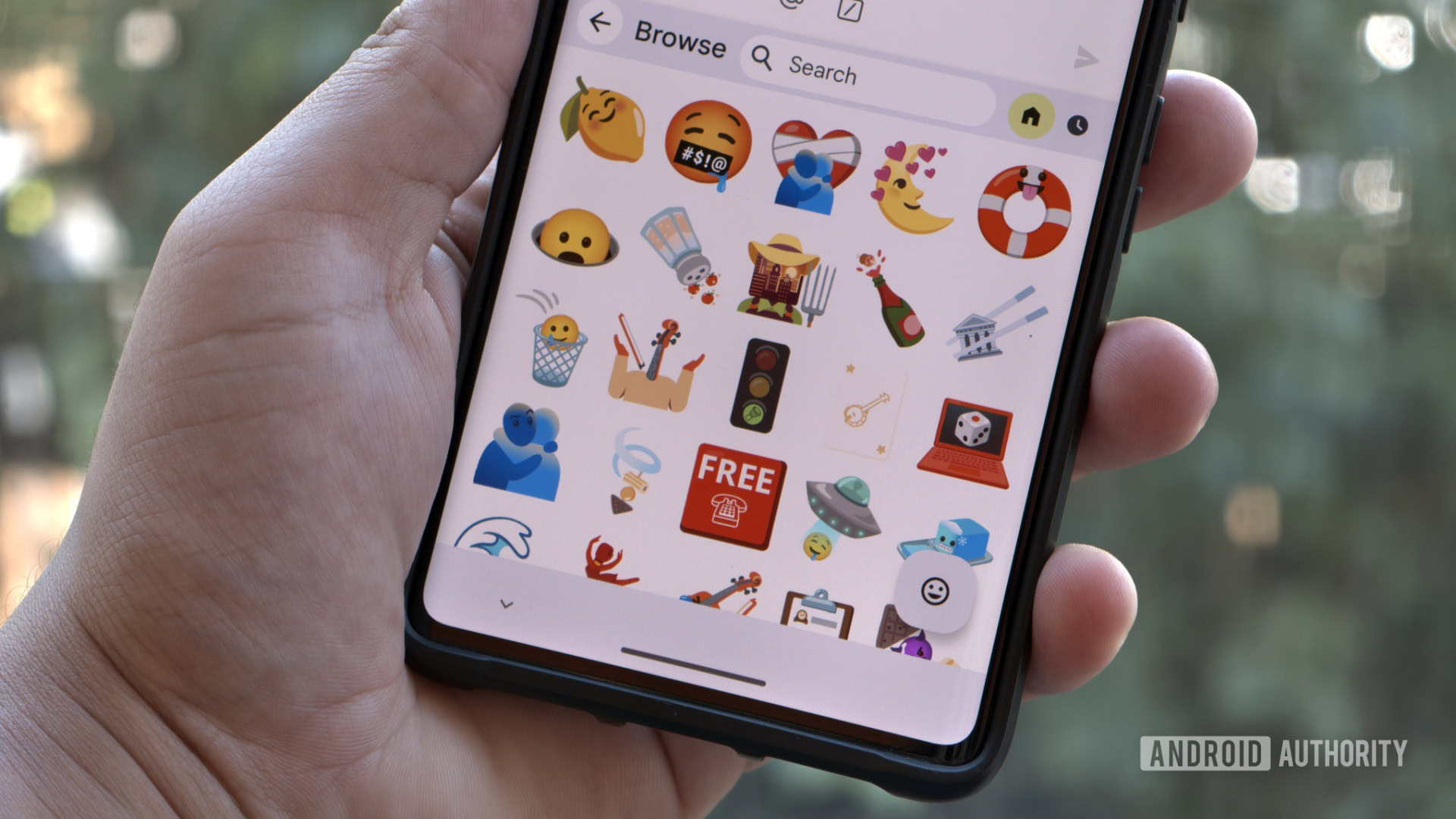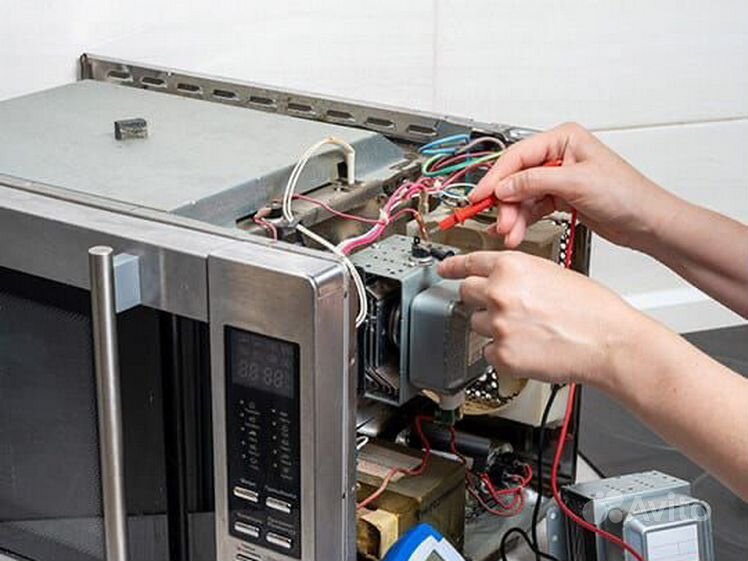Comprehensive Guide to Events Skip Bin Hire: Streamlined Waste Management for All Occasions
Events, whether they are weddings, corporate gatherings, festivals, or community fairs, often generate significant waste. Managing this waste efficiently and responsibly is essential for maintaining a clean and safe environment and ensuring an event’s success. Events skip bin hire services offer an effective solution, providing organizers with convenient waste disposal options that cater to different types of events and waste needs. This article delves into the benefits, types, and considerations for hiring skip bins for events, offering a complete guide for organizers aiming to manage waste smoothly and sustainably.
Why Events Skip Bin Hire is Essential
- Waste Management Simplification: A well-organized waste disposal system prevents littering and keeps the venue clean, promoting a positive experience for attendees.
- Cost-Efficiency: Hiring a skip bin eliminates the need for multiple small bins, reducing costs associated with disposal trips and waste handling.
- Environmental Sustainability: Skip bin companies often offer recycling and environmentally friendly disposal services, helping reduce landfill waste and supporting eco-conscious event planning.
- Convenience and Time Efficiency: The convenience of having designated bins on-site saves time for organizers, especially during cleanup.
Types of Skip Bins for Different Event Needs
Skip bins come in various sizes and types to suit the needs of different events, from small gatherings to large festivals. Understanding the options available can help you choose the best fit:
-
Mini Skip Bins (2-4 cubic meters): Best suited for smaller events like private parties or corporate luncheons, mini skip bins handle low to moderate waste volumes.
-
Midi Skip Bins (4-6 cubic meters): Perfect for mid-sized events such as weddings or corporate functions, midi bins can hold a mix of waste types, including packaging, decor, and general waste.
-
Large Skip Bins (8-12 cubic meters): Suitable for large public events, festivals, and multi-day functions, these bins accommodate high waste volumes, including food, packaging, and larger disposables.
-
Roll-On/Roll-Off Bins (20+ cubic meters): These are ideal for very large gatherings or extended events. They are designed to handle large and bulky items and can be easily loaded and transported.
Key Benefits of Hiring Skip Bins for Events
-
Reduced Cleanup Hassle: Event staff and volunteers benefit from having designated waste bins, making post-event cleanup faster and more efficient.
-
Improved Venue Safety: Proper waste disposal prevents accumulation of trash in unintended places, reducing the risk of accidents or injury from tripping or contact with sharp objects.
-
Enhanced Event Experience: A clean and well-maintained venue contributes positively to the overall event experience, leaving a good impression on attendees and stakeholders.
-
Responsible Disposal and Recycling: Many skip bin providers sort and recycle waste, allowing you to run a sustainable event and meet regulatory requirements for waste disposal.
Choosing the Right Skip Bin Hire Service for Your Event
Selecting a reliable skip bin service is crucial for smooth event execution. Consider the following tips when making your choice:
-
Assess the Event Type and Expected Waste: Different events generate different types and volumes of waste. For instance, a corporate event may have minimal food waste but substantial paper and packaging waste, while a music festival may need a larger bin to handle high volumes of food, beverage containers, and general refuse.
-
Select Appropriate Bin Sizes and Types: Determine the number of attendees and estimate the waste type and volume. Small bins may suffice for intimate gatherings, but larger bins are essential for festivals or community fairs.
-
Ensure Eco-Friendly Waste Policies: Choose a provider with a commitment to environmentally responsible waste handling. Recycling services are especially beneficial if your event generates recyclable materials, such as glass bottles, plastics, and cardboard.
-
Confirm Pickup and Delivery Flexibility: Choose a provider that offers flexibility in delivery and pickup schedules to align with your event timeline. It’s advantageous if they can accommodate changes or offer multiple collections if needed.
-
Check Permit Requirements: Some venues or locations may require permits for placing skip bins. Be sure to confirm whether this is necessary and if the provider can assist with any necessary paperwork.
Managing Common Waste Types at Events
Organizing waste management based on the expected waste types can make the disposal process smoother. Here are common types of waste generated at events and how to handle them:
-
Food and Beverage Waste: This is often the largest category of waste at events. Many providers offer bins specifically for food and drink containers, allowing for recycling where possible.
-
Decor and Set-Up Materials: Temporary event decor and set-up materials, such as signage, flowers, and props, can be sorted for recycling or general disposal.
-
General Trash and Mixed Waste: Items that don’t fit into other categories can be managed with a general-purpose skip bin.
-
Recycling-Friendly Waste: Partner with your skip bin provider to designate bins specifically for recyclable items, like paper, plastics, and glass. Encourage guests to dispose of recyclables in the correct bins to minimize contamination.
Tips for a Successful Waste Management Plan at Events
- Early Planning: Organize waste management logistics early in the planning process to avoid last-minute issues.
- Strategic Bin Placement: Place bins in high-traffic areas to encourage attendees to dispose of their waste properly, reducing littering.
- Signage for Waste Separation: Use clear signage to guide attendees in separating recyclables and general waste. This reduces contamination and ensures more waste can be recycled.
- Coordinate with the Skip Bin Provider: Keep an open line of communication with your provider to adjust bin size, placement, or pickup as the event progresses.
Case Study: How Skip Bin Hire Transformed a Large Festival
Consider the example of a large music festival that adopted a comprehensive waste management strategy using skip bin hire services. The festival expected a high number of attendees and planned for multiple food vendors, making waste management a key aspect of their planning. They hired several large skip bins, including recycling bins for cans, bottles, and paper products. By strategically placing bins throughout the venue and using clear signage, they were able to encourage responsible disposal practices among attendees. The result was a clean venue, minimal waste left after the event, and positive feedback from both attendees and the venue management team.
Final Thoughts
Events skip bin hire is an invaluable resource for ensuring a clean, safe, and enjoyable environment for attendees. From small parties to large festivals, skip bins make it easy to manage waste on-site, reduce environmental impact, and streamline post-event cleanup. With the right bin type, size, and provider, event organizers can ensure their waste disposal is both efficient and eco-friendly. If you’re planning an event, consider integrating skip bin hire into your waste management plan for a seamless and successful event experience.
What's Your Reaction?
 Like
0
Like
0
 Dislike
0
Dislike
0
 Love
0
Love
0
 Funny
0
Funny
0
 Angry
0
Angry
0
 Sad
0
Sad
0
 Wow
0
Wow
0













































